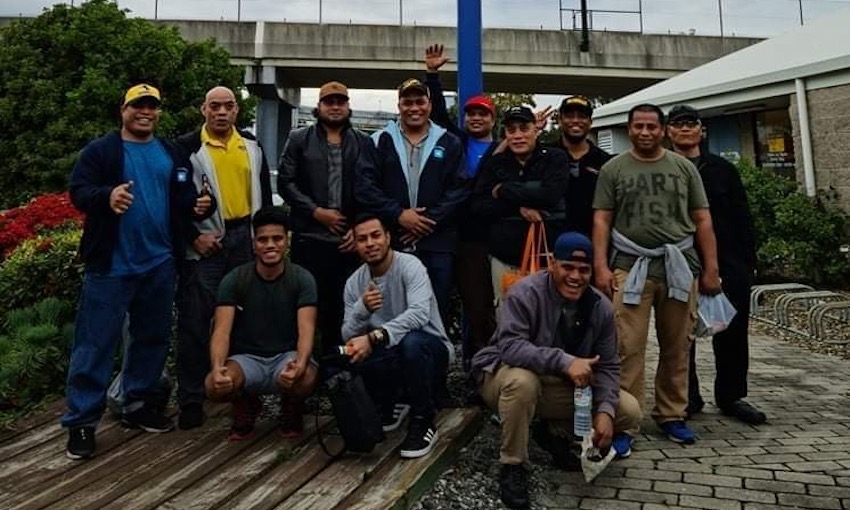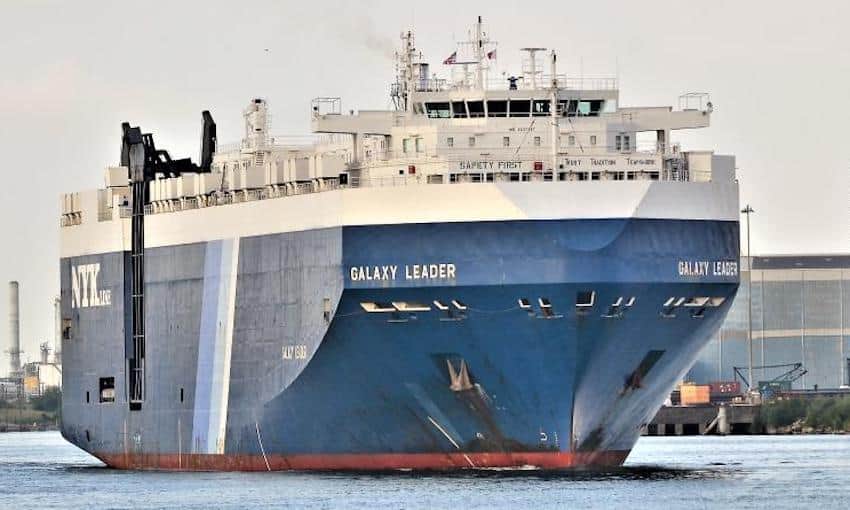MORE than 600 seafarers from the Republic of Kiribati have reportedly returned home after becoming stranded overseas due to crew change complications.
Many of the seafarers were displaced throughout Australia, Fiji, Germany, Indonesia and South Korea when shipping companies’ efforts to repatriate them were disrupted by Kiribati’s border restrictions.
The logistics of repatriating the I-Kiribati seafarers had proved so challenging that shipping companies had, at the time, decided to freeze the enlistment of I-Kiribati nationals, jeopardising the island nation’s future in the global seafaring workforce.
Thirty-nine seafarers had been stranded in Brisbane last year, where the local Mission to Seafarers centre arranged for crew vaccinations and explored options to accelerate their return home.
According to the International Chamber of Shipping, all stranded I-Kiribati seafarers have since been repatriated. Some had been away from home for almost two years.
Between November 2020 and April 2021, 362 I-Kiribati seafarers returned to Tarawa via Fiji on various flights organised by the Kiribati government.
In November last year, more than 140 seafarers returned to Kiribati on a small, chartered cruise vessel hired by their employer.
A further 73 seafarers were repatriated in groups of around 10 on flights chartered by the Kiribati government, employers and a seafarers’ welfare charity.
The remaining six seafarers touched down in the island’s capital of Tarawa this week and will complete their quarantine period in a government facility.
The ICS said the reparation was led by a coalition of employers, unions and NGOs in tandem with the government of Kiribati, which navigated global travel restrictions and shifting COVID-19 protocols.
The coalition, convened by the ICS, involved the International Transport Workers’ Federation, South Pacific Marine Services, and UN representatives from the International Labour Organization and International Maritime Organization.
“It’s an enormous relief to finally see all the I-Kiribati seafarers returned home to their families, but it should never have been this difficult to get these seafarers home,” ICS secretary general Guy Platten said.
“Governments must look at the hardship these keyworkers have faced and ask if it was really necessary?
“We must learn from this lesson and make sure policy is put in place that means it never happens again.”
IMO secretary-general Kitack Lim said extensive collaboration among industry stakeholders, labour organisations, governments and the United Nations helped reunited the seafarers with their loved ones.
“Their story of extended time at sea – and then on land to get home – has been repeated many times over throughout the pandemic,” Mr Lim said.
“Seafarers need to be designated as key workers by all states, so that their travel and repatriation can be facilitated.”
Verband Deutscher Reeder (the German Shipowners’ Association) president Gaby Bornheim said it was “a great relief” to know all seafarers had been returned home.
“Responsible ship-owners have worked hard to achieve this, even though none of the delays has been their fault,” she said.
“We are also happy to acknowledge that in the crisis we have experienced the firm social partnership with unions and NGOs who have been instrumental for the successful return.
“The return of the seafarers would not have been possible without the tremendous support of international organisations such as ILO and IMO. It has proven that multilateralism is to the benefit of people.”





